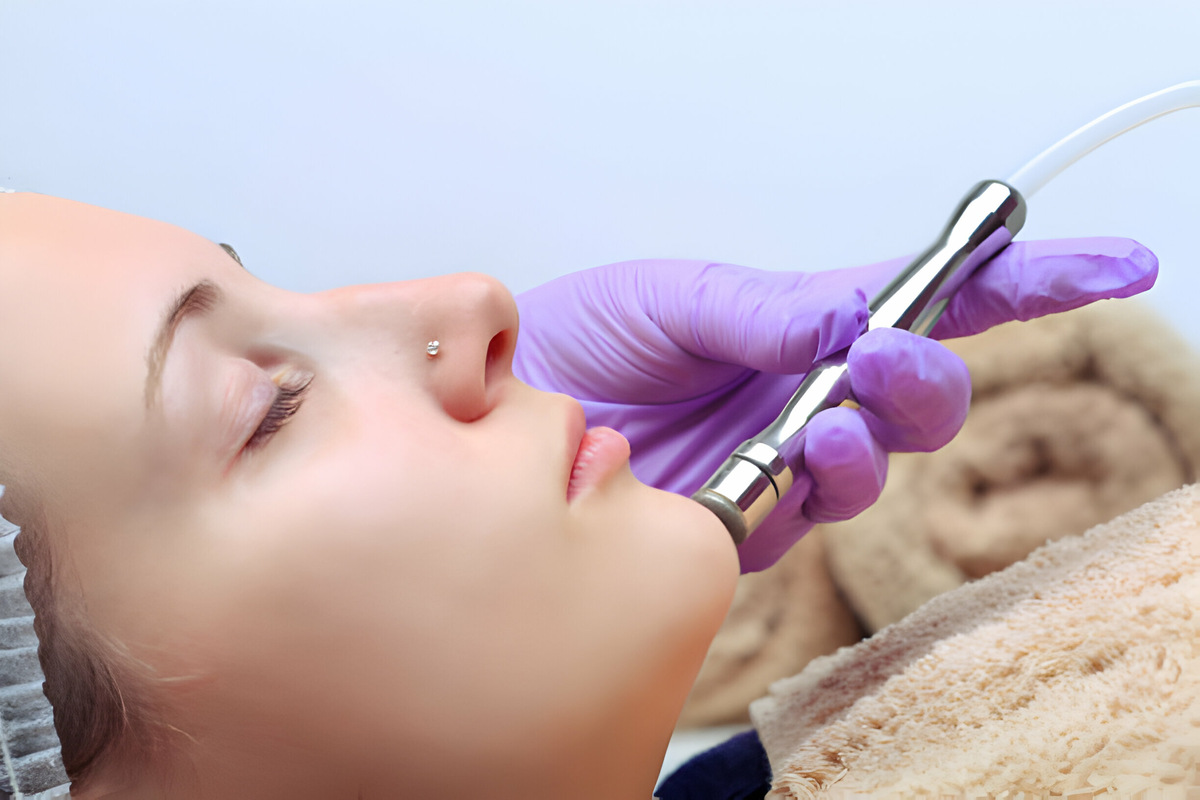Do you ever wake up with a sore jaw or a headache? Have you observed any wear and tear on your teeth? If so, you might be experiencing a common problem called tooth grinding, also known as bruxism. But don’t worry; there’s a solution that might surprise you: Botox treatment!
Teeth grinding happens when you clench or grind your teeth together, usually during sleep. It can happen for many reasons, like stress, anxiety, or even misaligned teeth. But no matter the cause, it can lead to serious dental problems and discomfort.
So, How Does Botox Help With This?
First, what is Botox? Botox comes from a toxin produced by a bacteria called Clostridium botulinum. Don’t let the word “toxin” scare you; when used correctly and in small doses, Botox in Millwoods can help treat certain medical conditions, including bruxism.
Botox works by relaxing those muscles when injected into the muscles around the jaw. Remember, the tight, tense muscles cause teeth to grind in the first place? By relaxing them, Botox can reduce the intensity of grinding and clenching, which can help alleviate the symptoms and prevent further damage to your teeth and jaw.
But is Botox safe?
Yes, Botox is regarded as safe for curing bruxism when given by a licensed healthcare provider. It’s important to note that Botox treatment for bruxism is still relatively new compared to other uses of Botox, so it’s essential to consult with a dentist or doctor with experience with this treatment.
Now, Let’s Discuss What To Expect During Botox Treatment For Bruxism
First, your dentist near you will examine your jaw and teeth to determine if Botox is right for you. They will administer several tiny injections into the muscles around your jaw, if there are any.
The injections might cause discomfort, but they’re usually quick and not too painful. You might also experience some mild side effects, like bruising or swelling at the injection sites, but these typically go away within a few days.
After the injections, it might take a few days to start noticing the effects of Botox. You may see that your jaw feels more relaxed, and you’re not clenching or grinding your teeth as much. Over time, you should experience fewer headaches, jaw pain, and other symptoms associated with bruxism.
But remember, Botox treatment is not a permanent solution for bruxism. The effects typically last a few months, so you may need repeat injections to maintain the results. In addition to Botox treatment, there are also other things you can do to help manage bruxism:
Practice stress-relief techniques like deep breathing, meditation, or yoga to help reduce anxiety and tension.
Avoid chewing on complex objects like pencils or ice, which can exacerbate teeth grinding.
Wear a mouthguard at night to protect your teeth from grinding and clenching while you sleep.
Avoid caffeine and alcohol, as these can make bruxism worse in some people.
The Final Verdict
Botox treatment can be a helpful option for managing bruxism and alleviating the symptoms associated with it. By relaxing the muscles around the jaw, Botox can reduce teeth grinding and clenching, leading to less discomfort and damage to your teeth and jaw.
If you’re experiencing symptoms of bruxism, talk to your dentist in Millwoods about whether Botox treatment might be appropriate for you. With the right treatment and lifestyle changes, you can say goodbye to teeth grinding troubles and wake up refreshed and pain-free!
Dental Elements specializes in Botox treatment! Our Botox clinics near you effectively address tooth grinding with precision and expertise, ensuring lasting relief and improved oral health.

